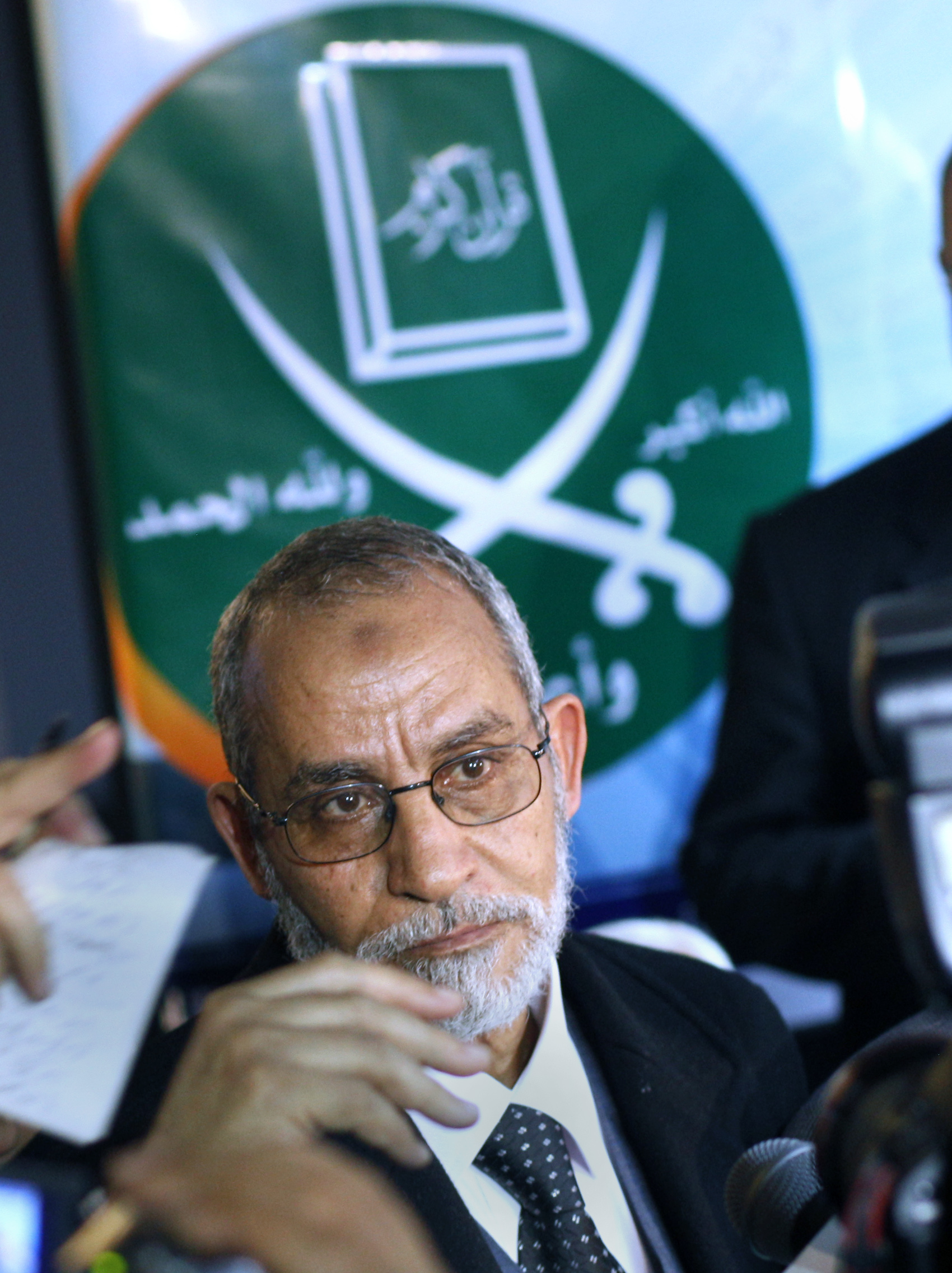CAIRO: The staff at Nile News has launched a campaign to demand independence from state TV’s News Sector, and have formed a coordinating committee to negotiate with Cabinet and television officials.
"The revolution generated hope in changing our editorial policy but months later, there is no real change," Mona El-Shayeb, Nile News anchor, told Daily News Egypt.
While all guests and opinions are now welcome, since there is no longer a state TV ban on any commentator or analyst, “the red tape is still there," she added.
The staff says state TV’s News Sector controls what is shown on Nile News and phone calls are still made to ban certain footage or to control coverage of specific events, namely related to sectarian violence.
To overcome the restrictions, the staff at Nile News is demanding independence from state oversight and control.
State-owned media — print, television and broadcast — has long been criticized for being the government’s mouthpiece, a role that was further underscored through the skewed coverage of the 18-day uprising which toppled president Hosni Mubarak.
General Tarek El-Mahdy, acting chairman of the Egyptian Television and Radio Union (ERTU), is currently studying the demands presented through the Coordinating Committee for Nile News Independence. ERTU’s board of trustees is also involved in the decision-making process.
The final decision on the status of Nile News will be determined in a month, an anchor said.
Nile News staff said there were orders from administration not to send cameras and crews to cover the Imbaba sectarian clashes which broke out in early May.
Egypt’s public prosecutor has referred 48 Muslims and Christians to criminal court for their roles in the violence, which led to the burning of a church in Imbaba, the death of 15 people and more than 200 injured.
The News Sector also refused to feature eyewitness accounts from Israeli embassy protesters who were present when clashes broke out with security forces last month.
However, Sameh Ragaey, acting deputy head of Nile News, said there have been significant changes in the editorial policy when it came to presenting different opinions.
Asked about an order signed by TV News Sector Chairman Ibrahim El-Sayad to not show footage of the Feb. 2 attack on Tahrir Square protesters — known as “Battle of the Camel” — he told DNE, "This is true, but the point here is not to provoke our viewers. The timing was just not good to show it."
"We are still government employees and this is a fact that will remain as long as Nile News is affiliated with state TV," he added.
Ragaey is known among Nile News staff for pushing for the channel’s independence.
Earlier this month, Nile News staff held a public discussion at Al-Ahram Institution during which they read the statement sent to Prime Minister Essam Sharaf, calling upon national companies to sponsor TV shows and news to ensure an improvement in production.
It also detailed a preference that a professional media figure from outside state TV lead the channel at this critical time.
Complaints of the negative influence the News Sector has had on Nile News were many. For one, there are limited production and news bulletins compared to other news channel. The News Sector is favored over Nile News when it comes to studios and technical stuff and it is give priority in editing footage and promotions, the staff claimed.
"We will not accept a leader from the News Sector neither will we accept someone who has worked in the channel to be promoted [to that position] because there is no consensus over the senior figures," the statement read.
Hussein Abdel Ghany, former head of Al-Jazeera’s Cairo Bureau, said that restructuring the channel and building free media in Egypt is possible providing there was a political will to put up with the consequences of an independent Egyptian news channel.
"In [late president Gamal Abdel] Nasser’s era, there was media oriented to Arab, Islamic and African countries and the regime tolerated the consequences," Abdel Ghany explained.
According to Abdel Ghany, whose name was suggested as a possible leader for Nile News, Egypt has become a main news factory after the revolution; its news value has jumped and now is the chance to restore the status of local media.
But for Yasser Abdel Aziz, media expert, the lack of a current political framework will delay launching a pan-Arab news channel. He favored a strong local news channel that covers all of Egypt, after which comes a pan-Arab channel in the next stage.
The News Sector appointed Tarek Fawzy a few days ago as its spokesman. Among his first statements was outlining the difficulties of making Nile News independent, a matter he said requires new operational details that have to be approved by authorities as well as a new financial system.
"Separating Nile News from the News Sector is not a serious matter. We are now focusing on how to improve our coverage and develop our staff’s skills," he said.


